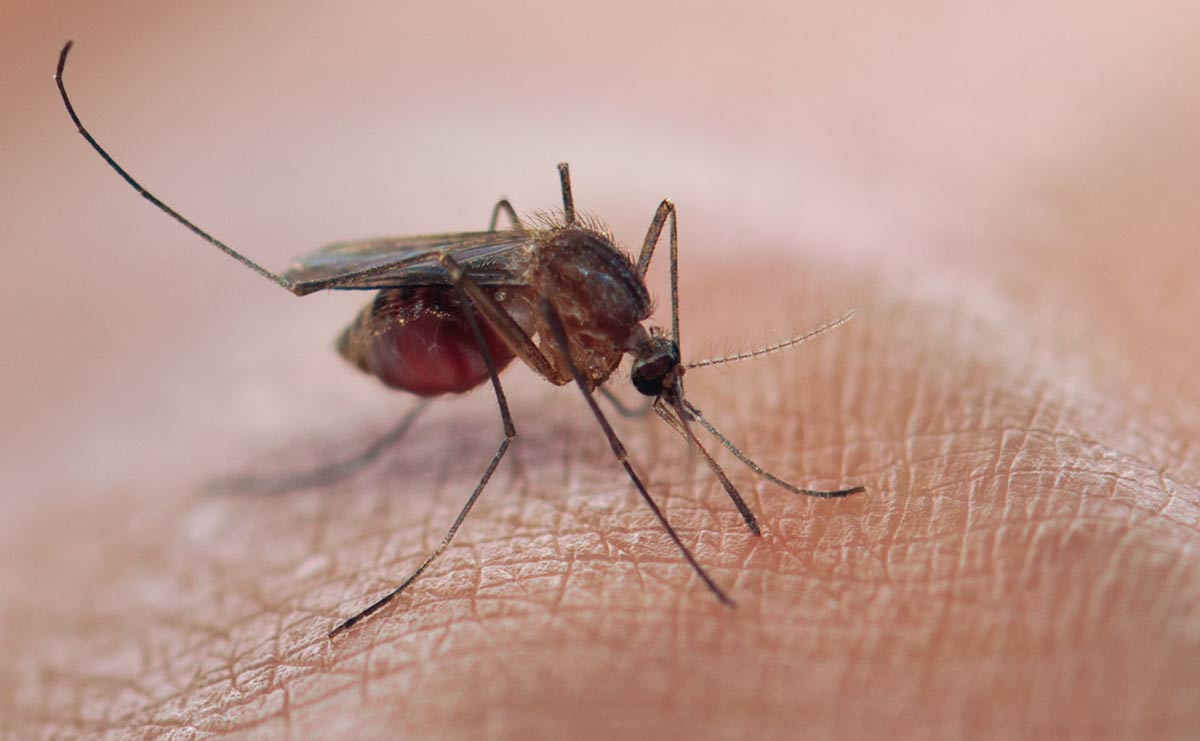What are the consequences of eliminating malaria by targeting mosquitoes? While humans may think of mosquitoes as at best annoying and at worst deadly, dozens of other species in the wild see mosquitoes as a competitor, pollinator or prey. And we already learned from past malaria-eradicating campaigns that reshaping the environment has unintended consequences.
A Bill Gates-backed nonprofit research consortium, Target Malaria, is developing genetically modified mosquitoes to suppress populations of the bugs that spread malaria, reports The Atlantic. The technology is controversial because it is new, and even though the genetically modified mosquitoes will not be ready until 2029, Target Malaria has already received questions about ecological consequences.
This October, a team of Target Malaria scientists from the University of Ghana and the University of Oxford will begin a four-year study of the ecology of the malaria mosquito in Ghana. The goal? Understand how fish, bats, flowers, and insects will respond if mosquito populations are reduced or eliminated.
Thanks for reading InsideHook. Sign up for our daily newsletter and be in the know.


















